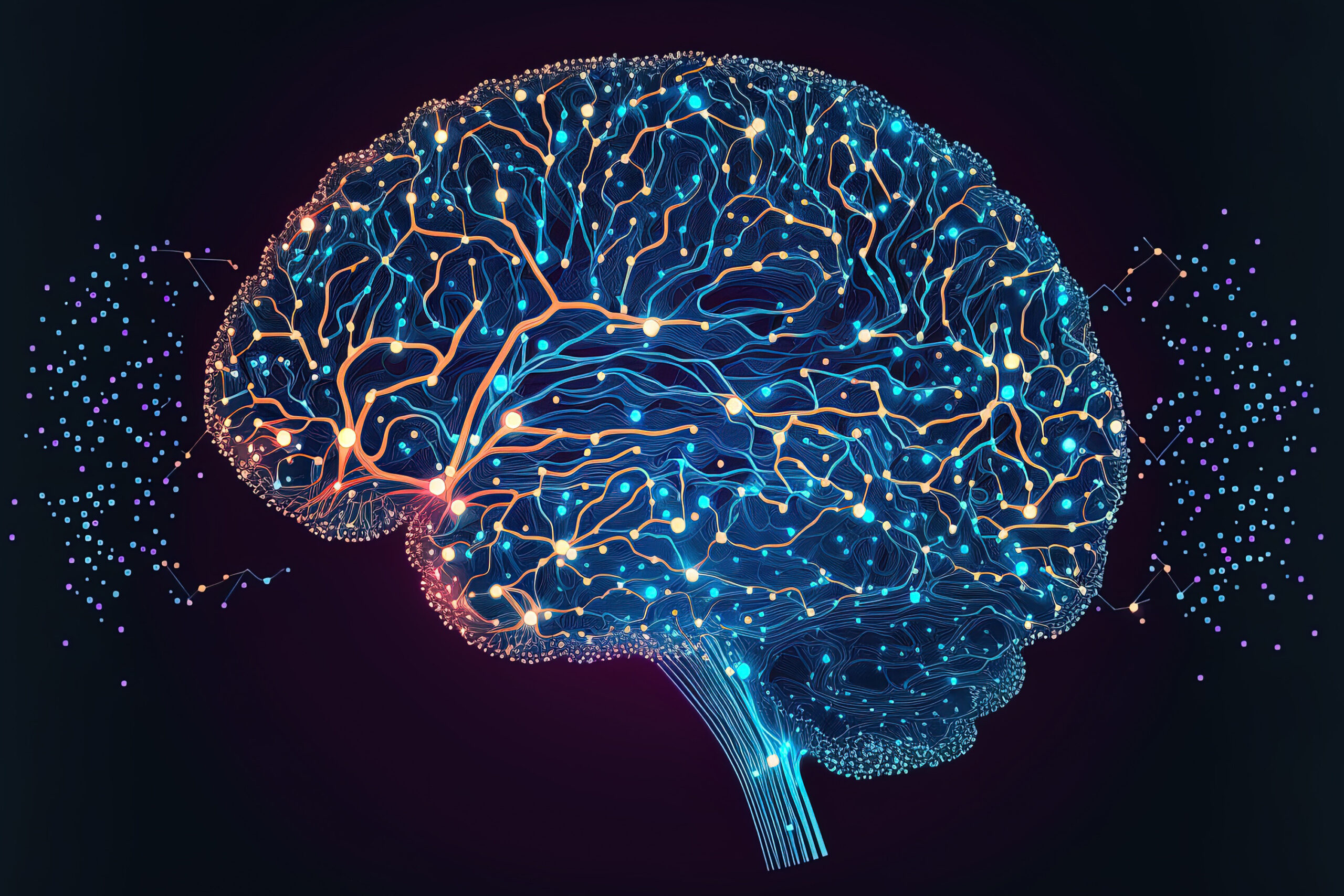Brain Mapping
XBody Health, Wellness & Spa > Brain Mapping
Facebook
Twitter
Pinterest
Functional Medicine & Aesthetics & Medical Spa located in Wayne, NJ
XBody Health, Wellness & Spa
Are you interested in diagnostic tools for various medical conditions such as Alzheimer’s disease, ADHD, stress, anxiety, panic attacks, memory loss, treatment-resistant depression, and more?
Empower yourself to take charge of your health by gaining control over your brain.
The eVox Brain Health System (EVOKE) is an FDA-cleared test we use to assess and improve brain health.
What is Brain Mapping?

Brain mapping is a secure and efficient procedure designed to pinpoint irregularities in brain function.
Traditionally, medical professionals faced limitations in detecting early signs of cognitive changes.
The Evoke System aims to address this issue.
The Evoke brain mapping system was created as a crucial tool for early detection, enabling healthcare experts to comprehend the root causes of cognitive impairment while there's still an opportunity to formulate a treatment strategy.
The Evoke system measures biomarkers that assess brain function, aiding physicians in identifying at-risk patients and facilitating timely interventions.
Brain mapping proves invaluable in deciphering the reasons behind symptoms like anxiety, depression, and a host of other prevalent mental health conditions in today's society.
Think of brain mapping as akin to a doctor conducting a bacterial culture to determine the right antibiotic for treating an infection.
A brain map provides insights into neurological factors behind symptoms. When symptoms are neurologically connected, neurofeedback, a non-invasive biofeedback technique, offers promising prospects for improving brain activity.
A brain map provides insights into neurological factors behind symptoms. When symptoms are neurologically connected, neurofeedback, a non-invasive biofeedback technique, offers promising prospects for improving brain activity.
